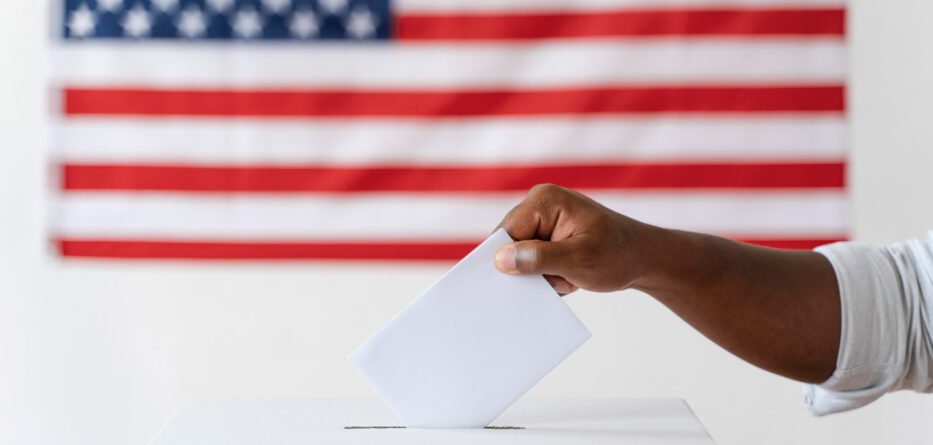Less than seven months before the November 5 elections, we hear again that Latinos could be decisive in the outcome.
Of the six swing states that could define the presidential election in one way or another, Arizona and Nevada emerge as two key places where the Latino vote can, in fact, be the difference.
In Arizona, about a quarter of likely voters are of Latino origin, according to the National Association of Latino Elected and Appointed Officials (NALEO).
In Nevada, the situation is similar. Latinos make up nearly one in five registered voters and tend to be younger and unaffiliated with either major party than non-Latinos.
A compilation of polls conducted by The New York Times and Siena College suggests that Latino support for President Joe Biden is weakening compared to the 2020 presidential election.
An extensive study conducted this week by the organization UnidosUS, formerly the National Council of La Raza, shows that the main concerns of Hispanic voters are, at this time, related to the economy.
82% of Latinos interviewed cite an increase in the costs of food and basic living expenses. 76% mentioned costs to buy or rent a place to live. 67% list gas prices and 51% cite the cost of healthcare-related expenses, such as medications and doctor visits.
When asked about the main factors driving their concern about jobs and the economy, 58% said their job does not pay enough or that they have to look for a second job to make ends meet. 40% say their job does not offer paid leave or sick days. 37% are concerned about layoffs or reduced hours.
Among those who indicated that health care was a top priority issue, 66% of voters cited high costs such as monthly premiums, copays and deductibles and 53% cited high costs of prescription drugs.
“Concerns about personal financial circumstances and continued stressful economic experiences underscore the feelings of pessimism prevalent across all demographic groups,” UnidosUS said.
Their conclusion is that many Latinos feel pessimistic about the direction of the country and most do not see either party as effective advocates for their most pressing concerns.
The message to Democrats and Republicans is clear: If either party wants to win the Hispanic vote, it is important not only that they speak to them in Spanish, but that they respond to their most pressing needs and the aspirations of an electorate whose vote they are not guaranteed.





